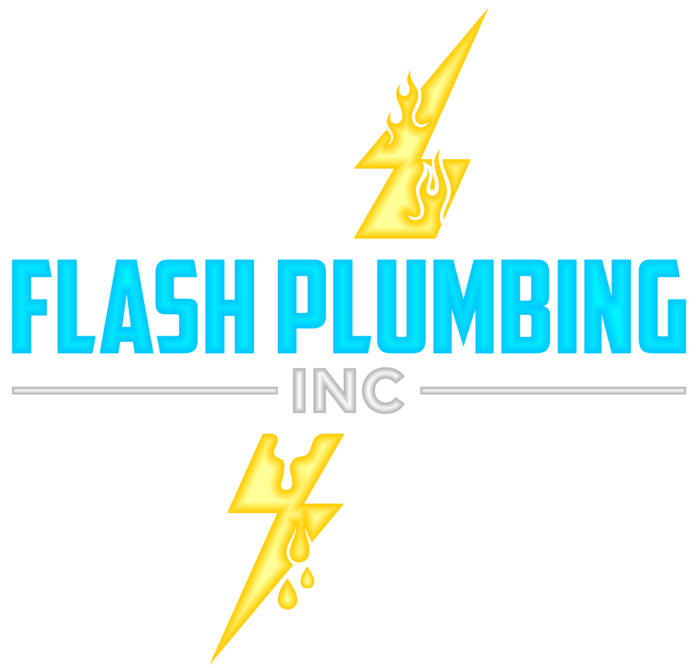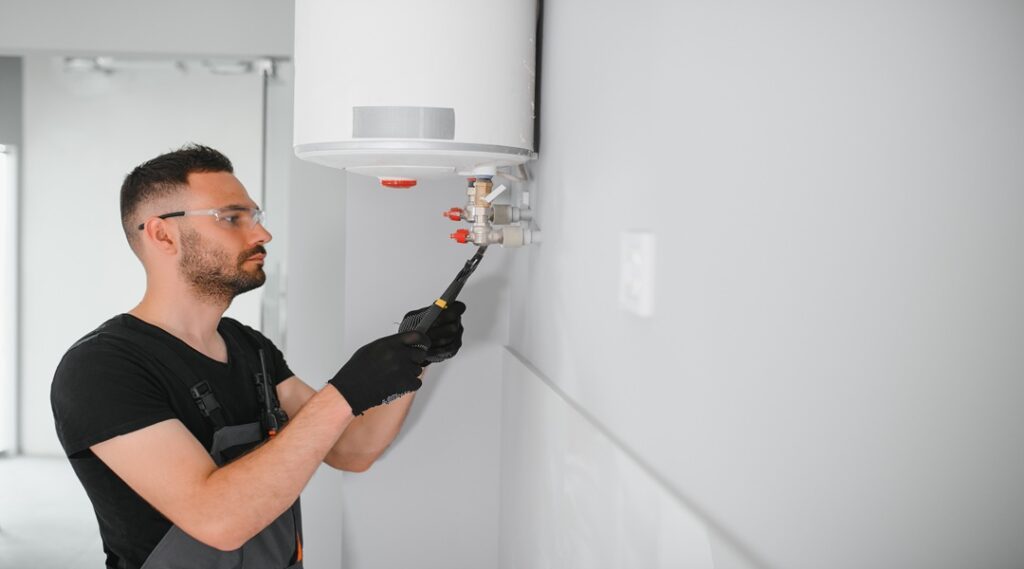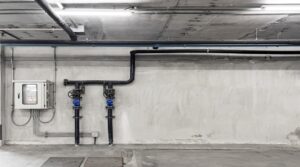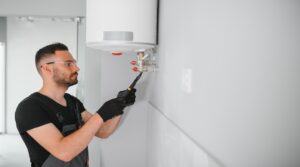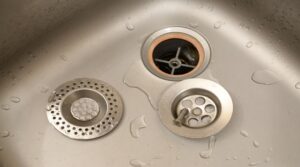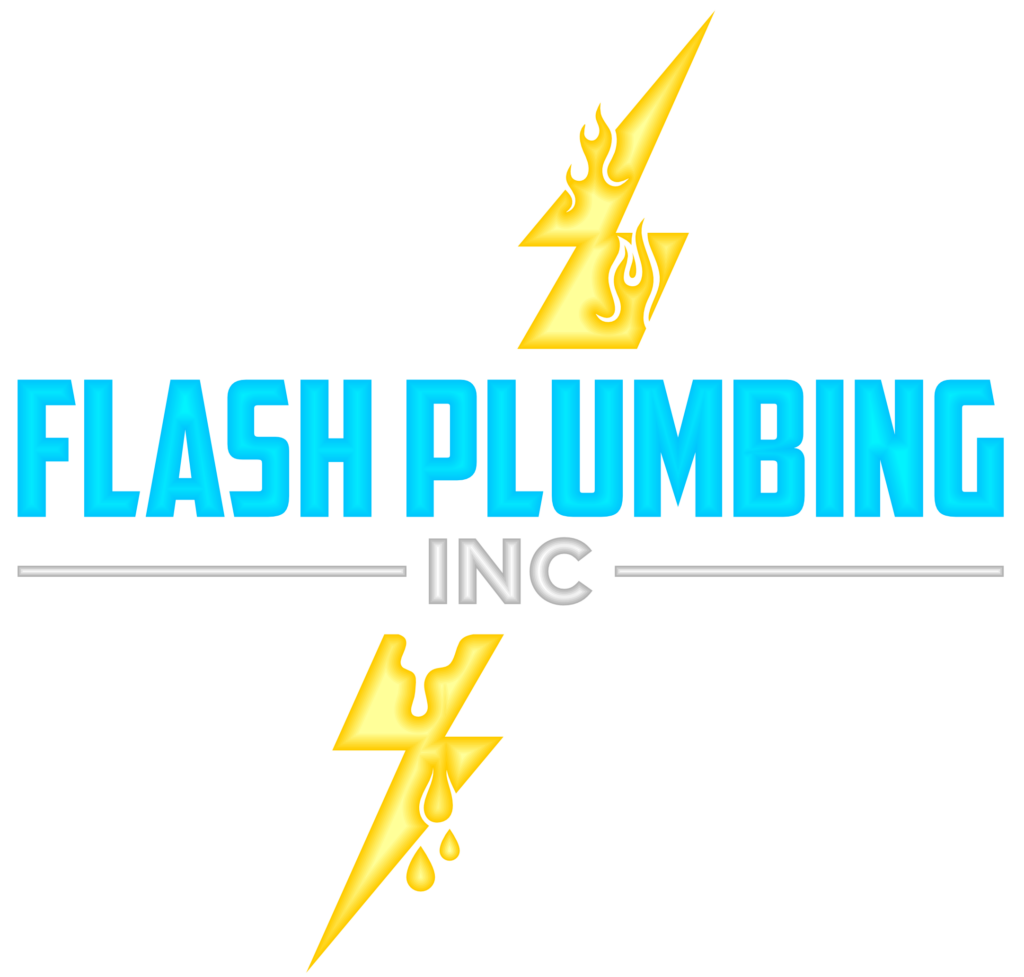Ever wonder why your water heater might fail? Several factors contribute to it, ranging from sediment buildup to anode rod corrosion and inconsistent water temperatures.
Yes, that sudden cold shower wasn’t just bad luck; there’s likely a deeper issue at play. These common problems can sneak up on you if you’re not paying attention or skipping regular maintenance checks. So, let’s break down these culprits one by one.
Starting with the signs of sediment build-up that could be choking your system and leading to more significant troubles down the line. Suppose your water supply is high in calcium, magnesium, and other minerals.
Signs of Sediment Buildup
When your water heater’s efficiency dips, sediment buildup could be the culprit; hard water accelerates this process, potentially needing attention in just a year. For those with well or city water, issues might take up to five years to emerge.
Paying close attention helps identify when it’s time for maintenance. Like draining and flushing. Sediment forces heaters to work overtime, risking overexpansion and leaks from strain on parts like valves and seals. Eventually, this led to repair hot water heater. Waiting too long can mean higher bills as performance drops; appliances suffer while leak risks grow due to escalating tank pressure.
Prompt action prevents extensive damage, minimizing health hazards linked to corrosion or catastrophic failure scenarios like explosions. A real danger without proactive measures.
Fluctuating Water Temperature Issues
Fluctuating water temperatures can be frustrating. Often, this issue is linked to sediment buildup in your hot water heater tank, reducing available hot water. Ensure valves and connections are clear from blockages for better flow.
The size of your heater matters too; a small one struggles to meet household needs, causing inconsistency. Also, check the dip tube for damage, as it could leak cold into hot water, dropping temperatures unexpectedly. Narrow pipes might strain under high demand, leading to uneven heating across your home.
Home appliances like washing machines or dishwashers pulling large amounts of hot water simultaneously could overwhelm an undersized tank. Old or faulty plumbing valves may inadequately manage modern consumption rates or fail at maintaining steady temperature levels. Resulting in sudden changes during simultaneous usage (e.g., a shower goes cold when a toilet flushes).
Lastly, don’t overlook something as simple as a is installed temperature knob that could incorrectly dispense cold instead of hot. For solutions to inconsistent hot water issues in homes, contact Flash Plumbing Inc. today.
So, you’re dealing with water heater trouble. Often, it’s because sediment builds up, leading to inefficiency and, eventually, failure. Corrosion within the tank or on its components can wreak havoc over time. Don’t overlook the thermostat either; a faulty one might leave you in cold showers more than you’d like. Regular maintenance by Flash PlumbingInc. ensures such issues get caught early, keeping your hot water flowing without interruption.
Remembering these common problems helps prevent unexpected chilly surprises during what should be a warm morning shower.
